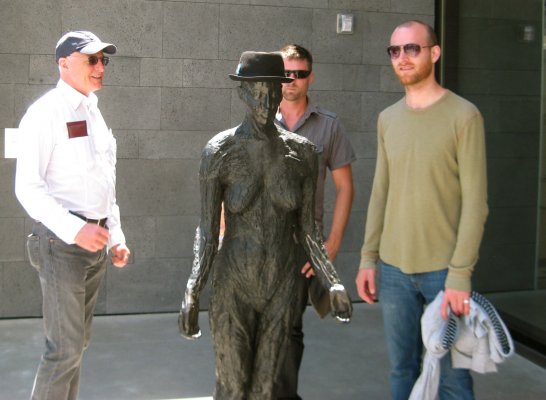Yes, we do often see such pieces. And if the guy with the 401K expects to spend as much during his working years as a guy with the same salary and a DB pension, he might as well forget retirement.
We see this all the time in federal government. For example, a recently retired clerical worker that I know, four GS levels lower than my GS level, is in the CSRS system that provides a hefty DB pension compared with my teeny one.
Although my pay is much larger in theory, her take-home pay was usually higher than mine, because she was putting nothing into the TSP while I was maxing out my TSP plus over-50 catchup. She spent most of her take-home pay and I did not. Now that she is retired, she will be doing just fine and will still have more disposable income than I will.







